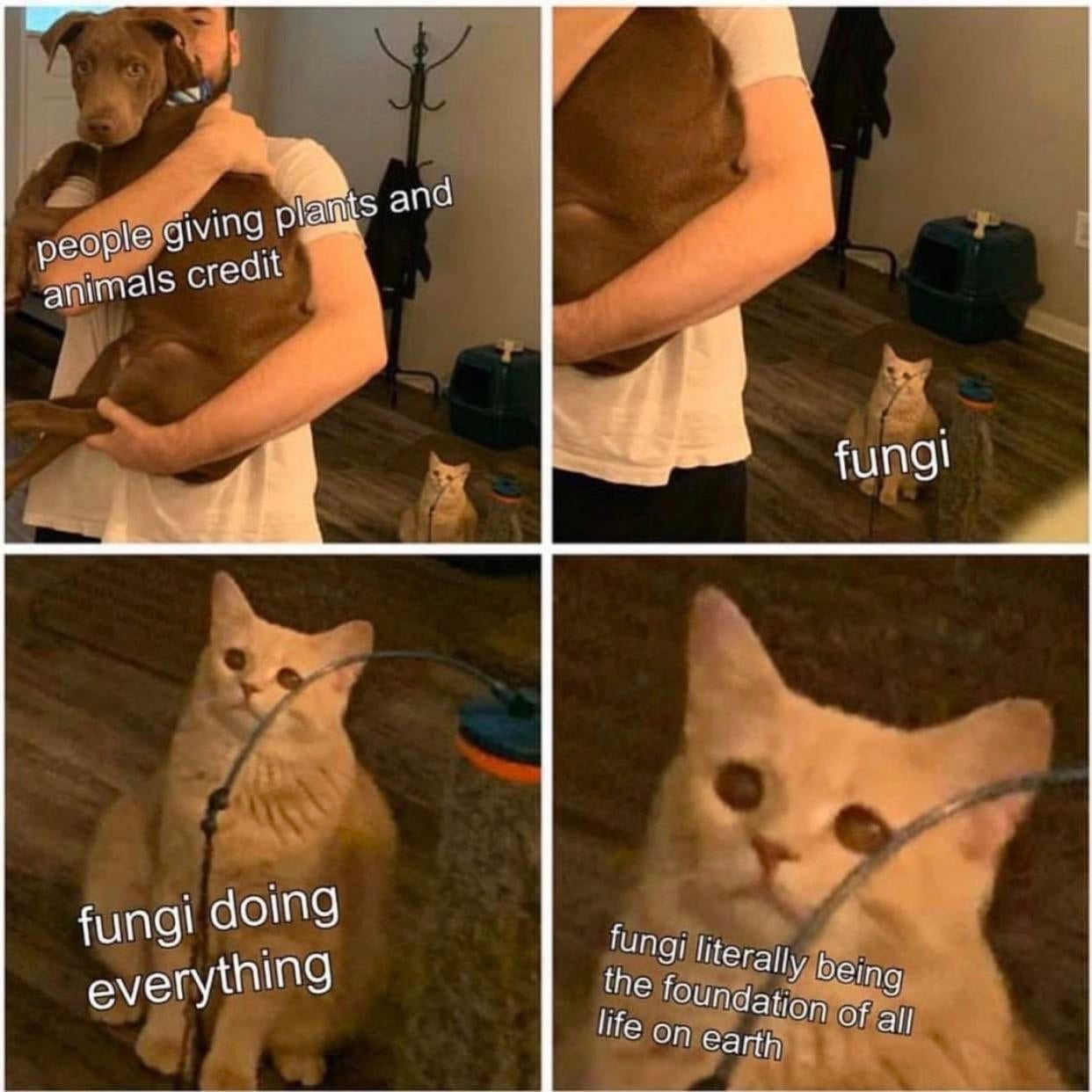Books are the best, huh? I’ve got piles upon piles around my house. And I’ve actually read a decent bit of them! But there are still plenty I haven’t read yet, which makes me feel a little guilty.
Believe it or not, there’s actually a word for my affliction…
The good news, however, is my so-called “affliction” may mean I’m smarter than you. A study by researchers led by Joanna Sikora of Australian National University showed that people who had around 80 books in their home while growing up tend to have average literacy scores, which is defined as “the ability to read effectively to participate in society and achieve personal goals,” and people with less than 80 books tend to have below-average literacy.
According to the study, the literacy rate continues to rise as the number of books increases, but after 350 books, the rate remains steady. So, based on this study, I should be a genius (sadly, that isn’t the case).
The subjects were between the ages of 25 and 65, and came from 31 countries around the world. Before they were tested, they were asked to estimate how many books they had in their home when they were 16 years old. The researchers found that “growing up with home libraries boosts adult skills in these areas beyond the benefits accrued from parental education, or [one’s] own educational or occupational attainment.”
The study also showed that there is a relationship between having books at home and having positive skill sets such as reading comprehension, math skills, and the ability to use digital technology to communicate.
So get back to reading (and buying) those books!
The post Growing up in a House Filled with Books Is Good for You, Study Confirms appeared first on UberFacts.















